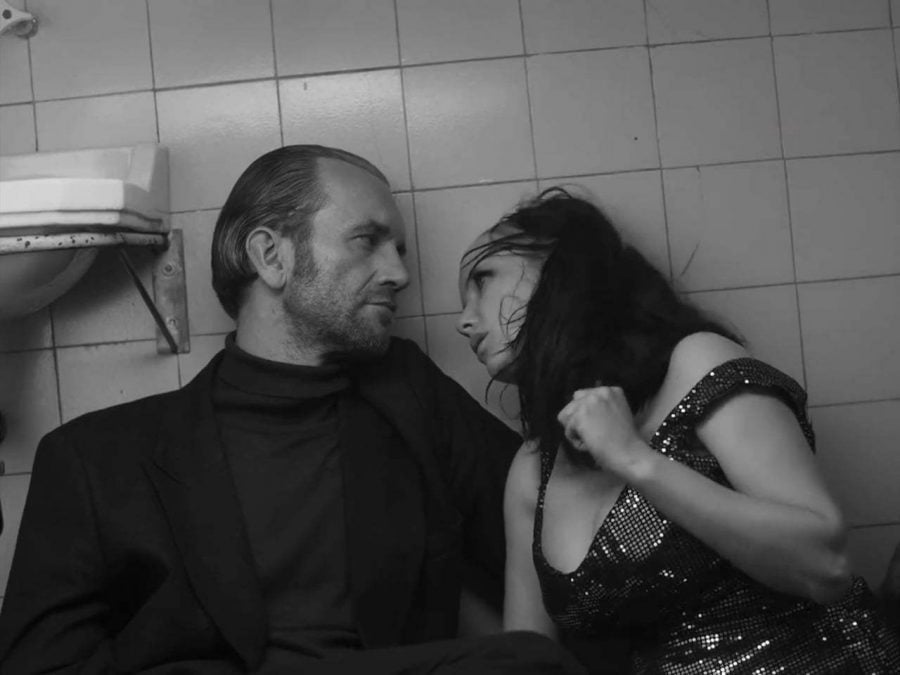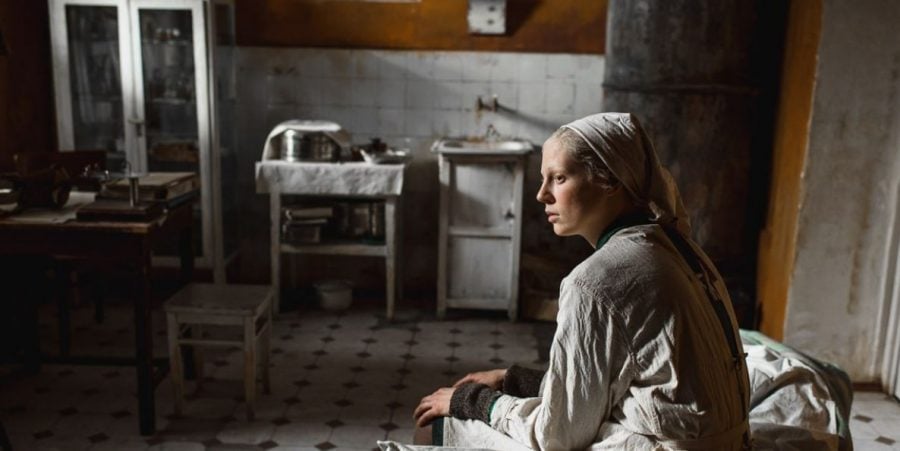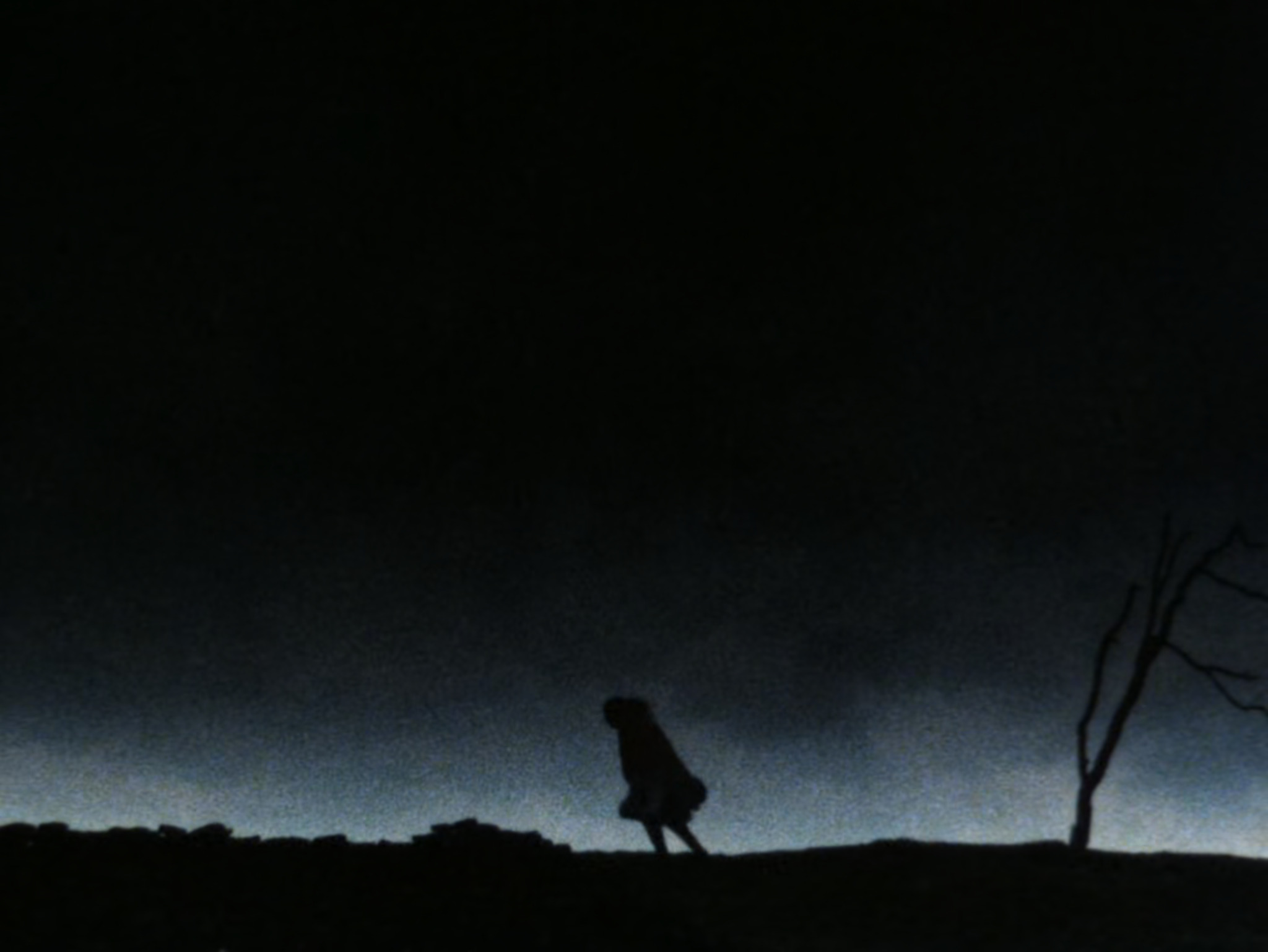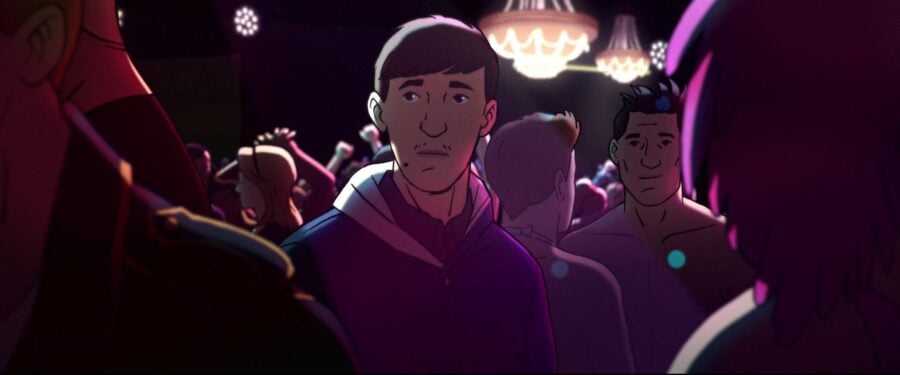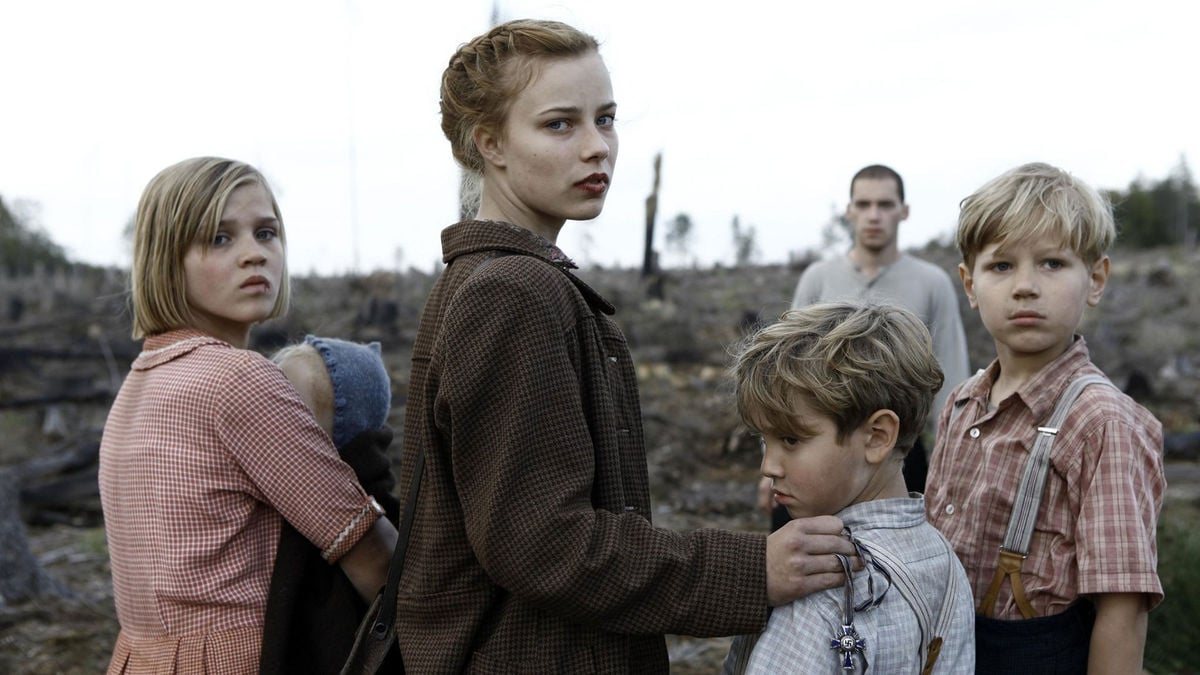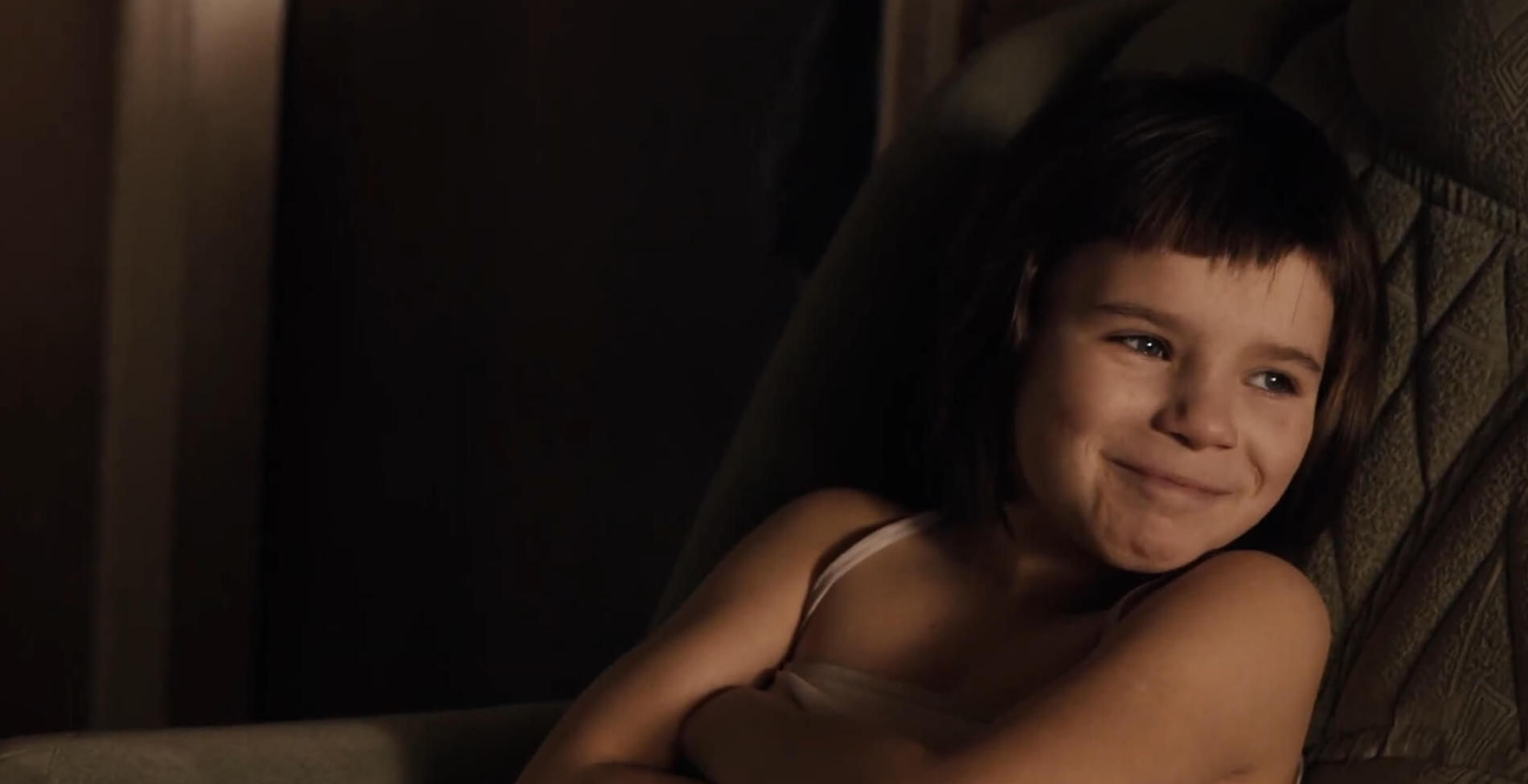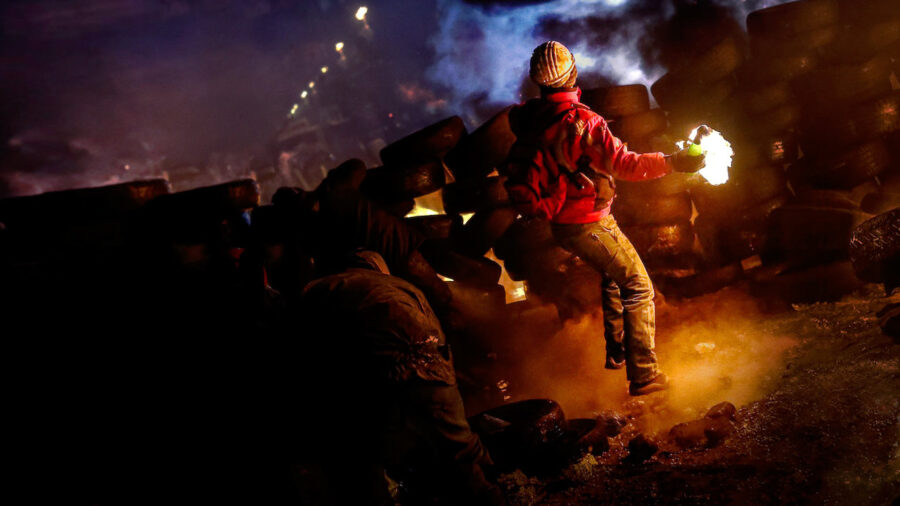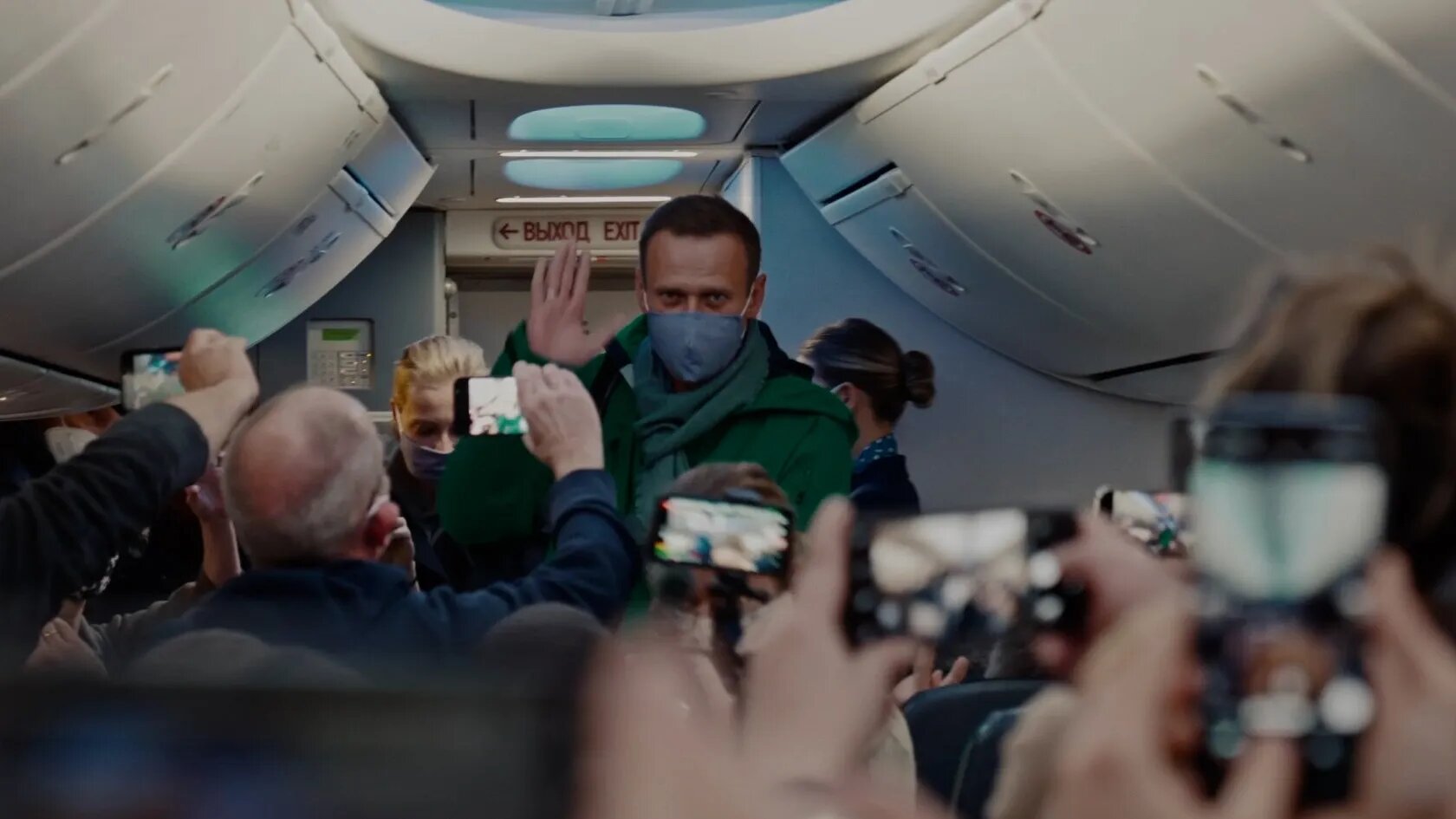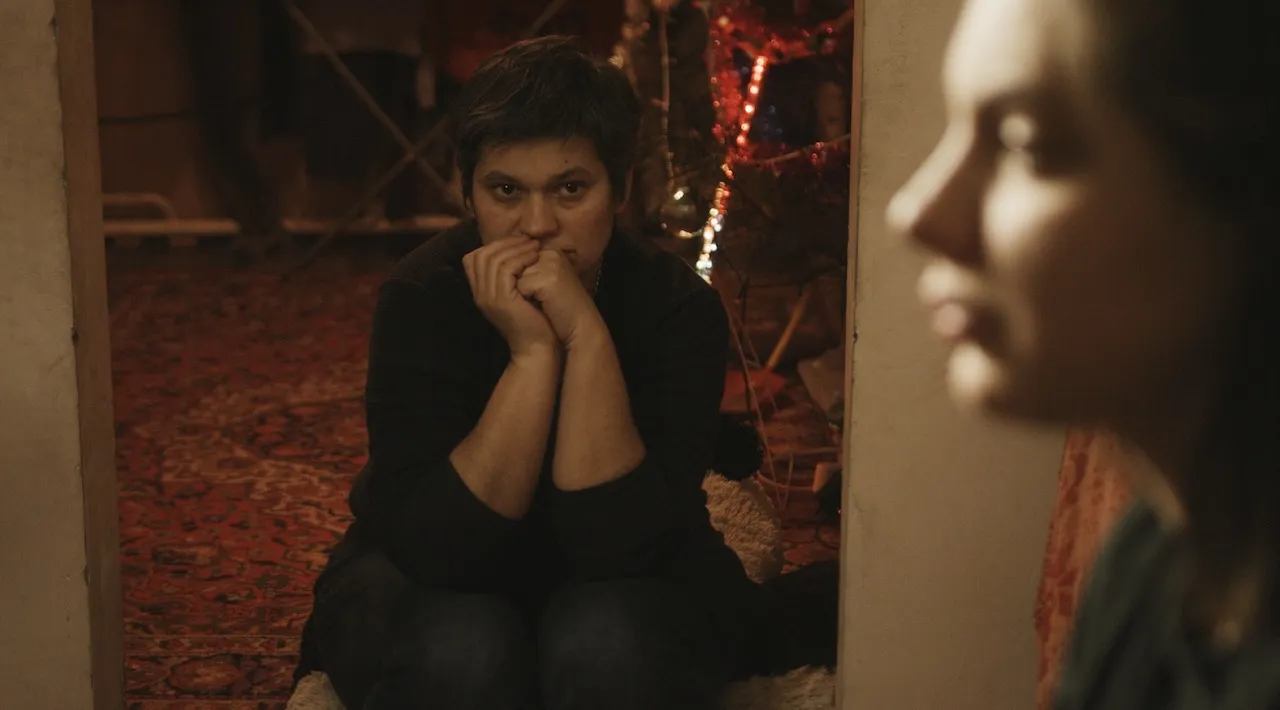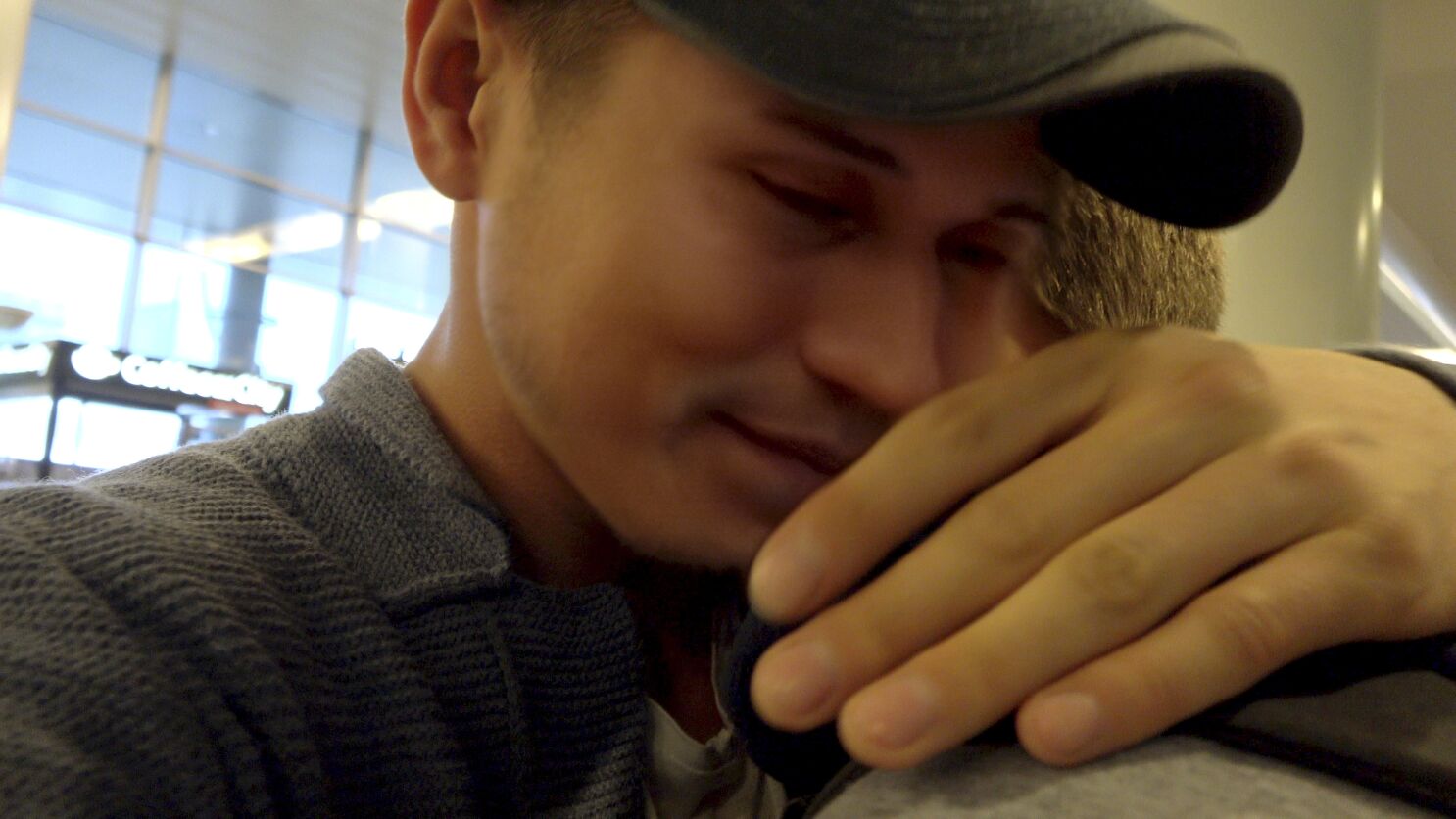20 Days in Mariupol (2023)

7.4
Movie
TLDR
Don't let anyone try to convince you that the bombing of hospitals can ever be justified as self-defense.
What it's about
The take
Formally speaking, 20 Days in Mariupol is little more than a compilation of footage bravely collected by Mstyslav Chernov in Ukraine, excerpts of which may seem familiar from when they were broadcast by major news stations. Unsure of whether or not Chernov would survive long enough to pass on his footage, he shot as much as he could day-in and day-out, resulting in this numbing, relentless compilation of anguish and death. As a documentary, there isn't exactly a unifying idea to 20 Days in Mariupol, with Chernov's narration only meant to provide necessary context and a foreboding score that probably didn't have to impose itself as much as it does.
And yet it's hard to deny the importance of the very existence of this footage, especially in a time when genocide is occurring elsewhere in the world with far fewer cameras on the ground to counter the denialist propaganda of those in power. Chernov's decision to let the images speak for themselves, without feeling the need to dissect every major moment for political analysis, isn't reductive; it's a statement that nothing can rationalize the indiscriminate killing of civilians and children. That the footage becomes overwhelming and hard to watch isn't a reason for us to look away.
What stands out
The moment that perhaps most illustrates the value of Chernov's choice to keep filming, and editor Michelle Mizner's decision not to cut up too much of the footage, is a scene in which a baby is successfully delivered and saved during a moment of crisis. The relief upon hearing the baby's cry is like an oasis in the middle of this hollow hospital—but the joy is cut short when sounds of an airstrike immediately begin to rain down near the area. It's horrific and unfair for a new life—seconds old, in fact—to suddenly be put at risk of being snuffed out just as swiftly. There is no justification.
Comments
Your comment
UP NEXT
UP NEXT
UP NEXT
Curated by humans, not algorithms.

© 2025 agoodmovietowatch, all rights reserved.







